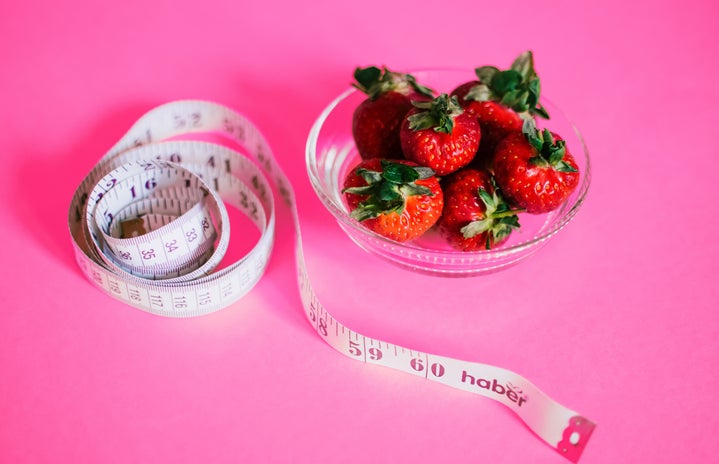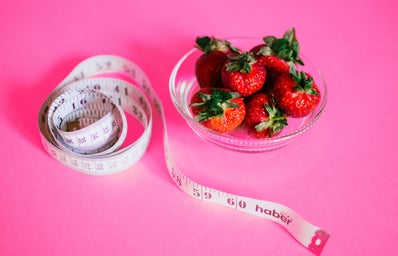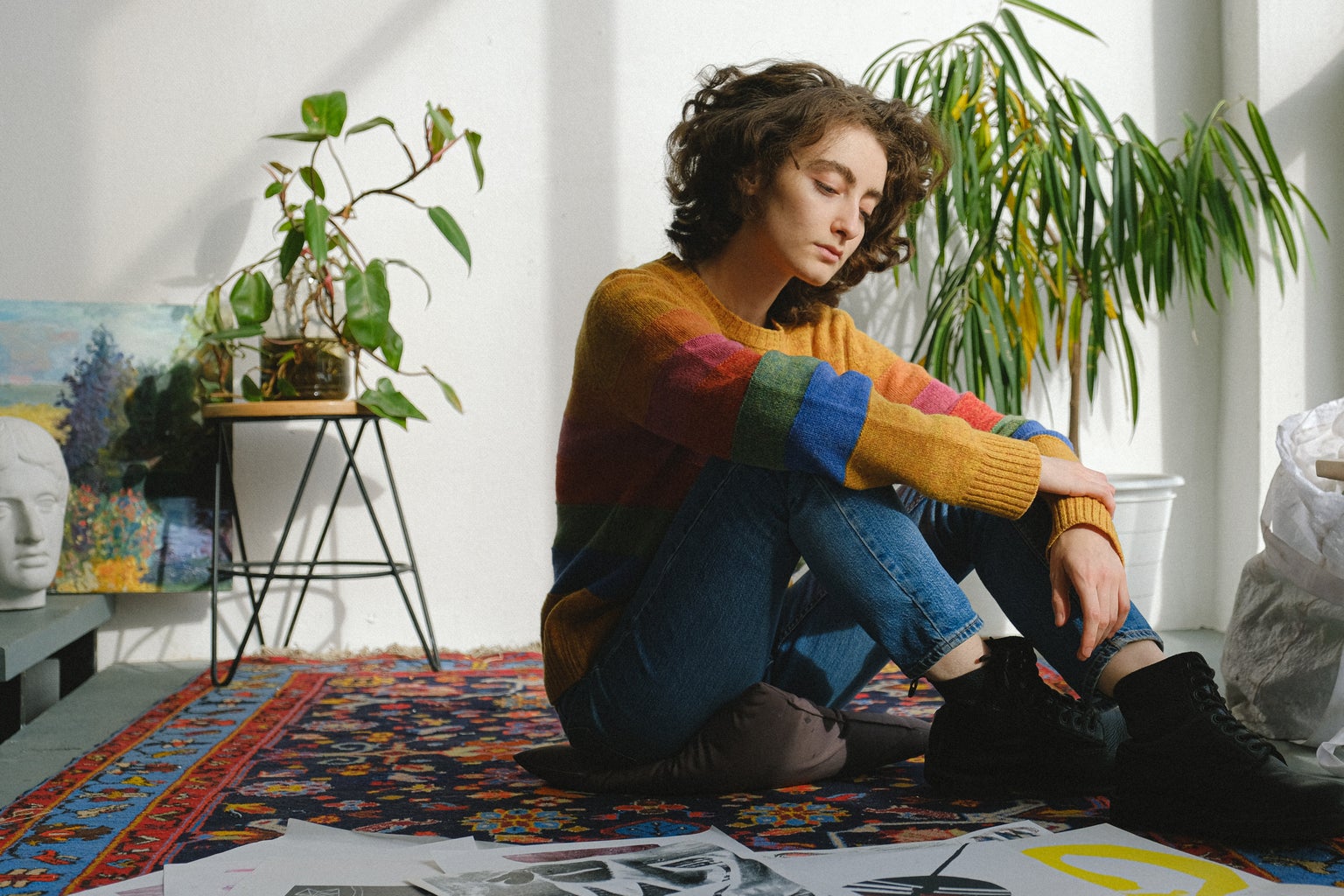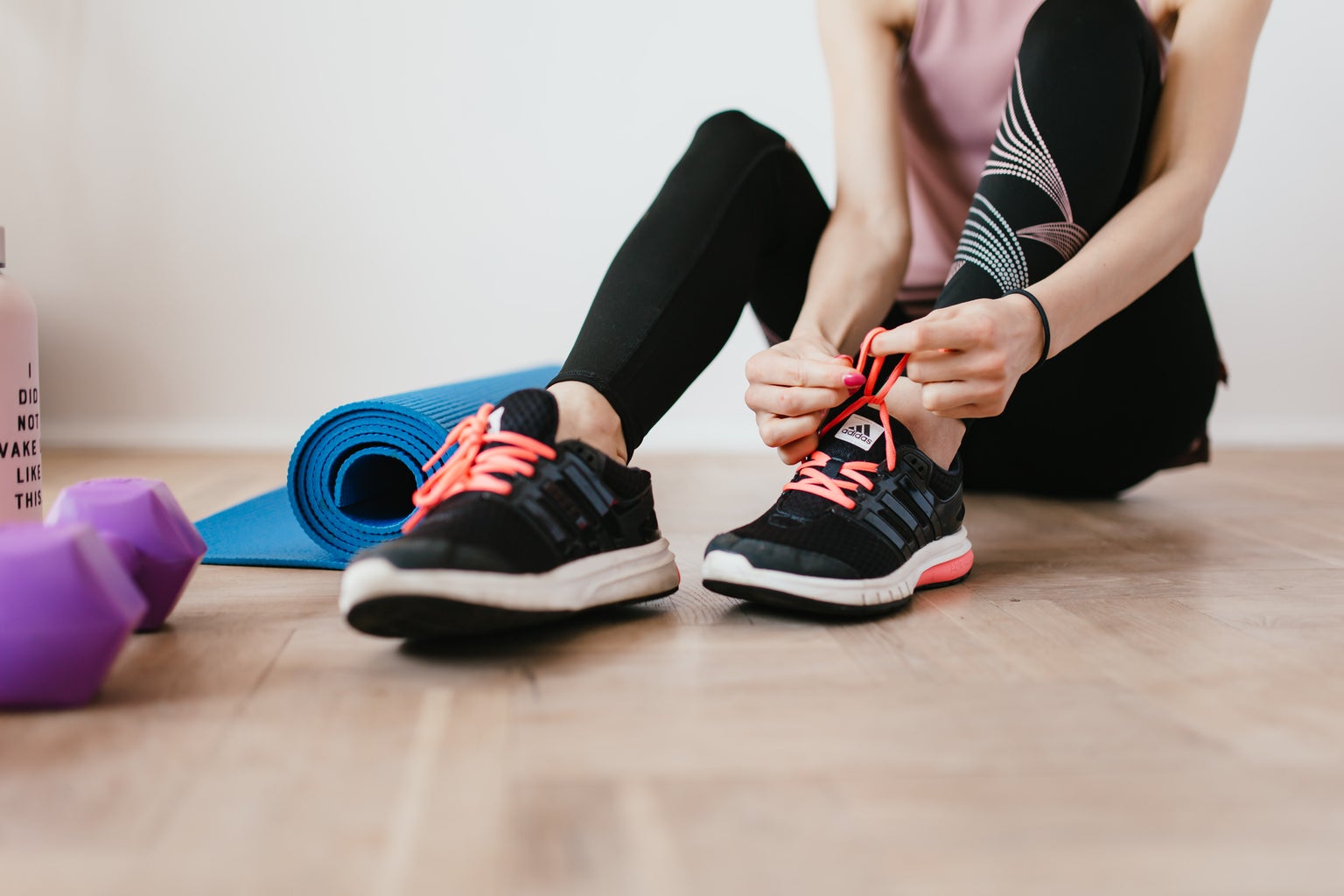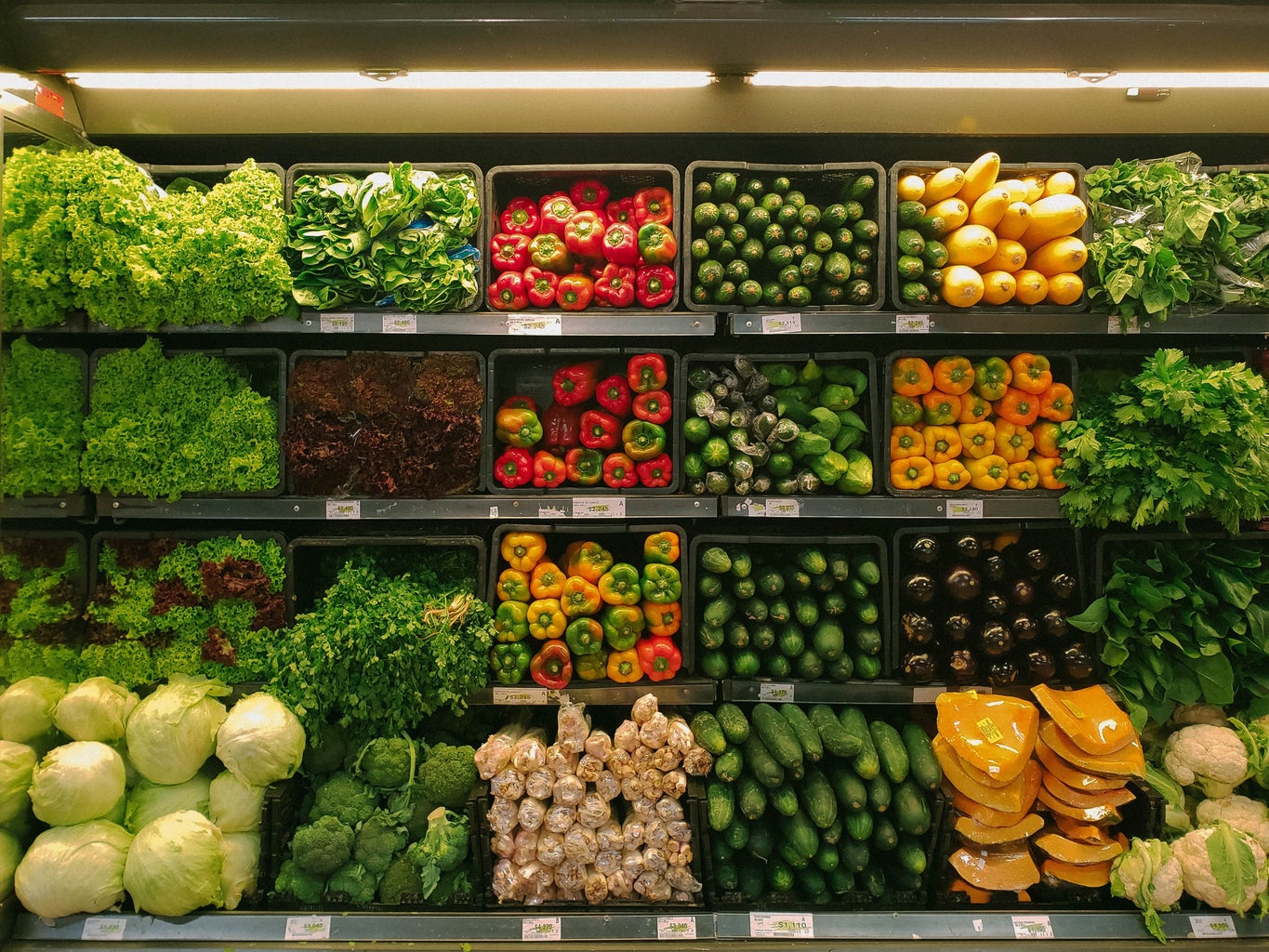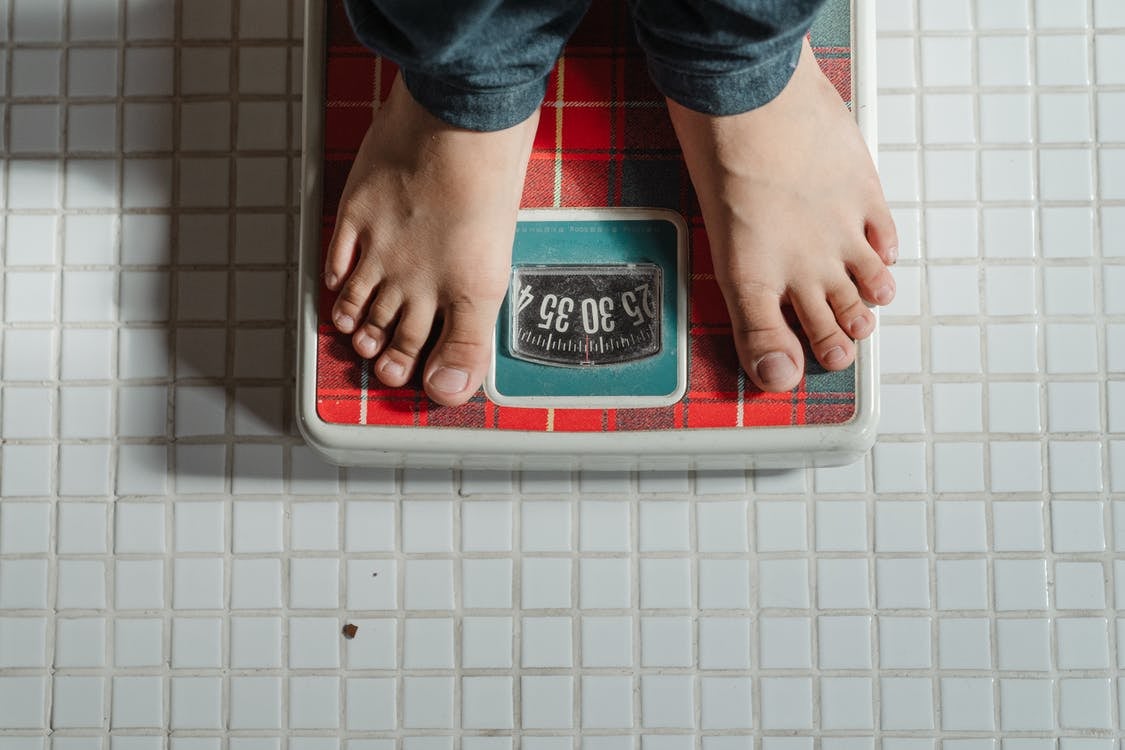TW: Discussion about purging, bulimia, depression, and body dysmorphia
If you are currently struggling with an eating disorder or depression, you are NOT alone. Help is always available.
I distinctly remember the first time I looked in the mirror and thought to myself “I need to lose weight.” I was a freshman in high school and couldn’t help but notice there were certain parts of my body I was upset about. I remember thinking to myself that I needed to start eating less and working out more in order to slim down my thighs and flatten my stomach. Over the years, restricting led to binging, which in turn led to purging. By the end of my senior year, the only thing on my mind was how my body looked and how I still couldn’t seem to lose weight. Every time I looked in the mirror, nothing had changed: my mind could only see the same big thighs and stomach. Spending my freshman year of college at home only fueled my body dysmorphia and depression as I continued to restrict, binge, and purge. Yet I still refused to ask for help.
Around 30 million people in the U.S. struggle with an eating disorder with 95 percent of people being around the age of 12 to 25. Out of all mental health disorders, eating disorders present the highest risk of death. They affect almost anyone regardless of race, gender, age, or physical appearance. Many eating disorders go undiagnosed and ignored leading to severe depression and suicidal thoughts. Very few people struggling with an eating disorder decided to seek treatment.
I have been struggling with my eating disorder for over four years. Asking for help was one of the hardest things I have had to do. While I am still in active recovery, here are 5 things I have learned so far from my struggles:
- Recovery is NOT linear
-
The path to recovery is not a straight line. I am currently still struggling with my eating disorder as I continue to learn how to stop restricting myself and enjoy the foods that I used to love. Recovery has been hard, and I have certainly experienced ups and downs as I continue down the path of learning to love my body again. Everyone’s recovery is different, and some things that work for others might not work for you. While it may be hard to take the step to recovery, it’s important not to let the downs overcome your ups.
- Do what’s best for YOU
-
I used to force myself to exercise constantly over quarantine, not because I wanted to but because I wanted to lose weight and slim down. I hated myself every day as I forced myself to run on the treadmill and do random ab and muscle exercises. One of the things I had to learn was to do what makes me feel good. It took time, but I slowly learned to make my workouts enjoyable for my health and happiness. While there are days where I feel horrible when I miss a run, I know if I had gone I would fall back into old habits of forcing myself.
- What I was doing was not healthy
-
I never felt full. I was constantly hungry. Restricting myself to certain foods with lower calories and skipping meals left me starving, which ultimately led me to binge. This in turn made me feel as if I had lost control which led me to force myself to purge in order to get back on track with my eating schedule. It has taken me a while to learn that this is not healthy behavior: what I was doing to my body was slowly destroying me and my mental health as I slid into depression about myself. Things that I thought would make me skinny were in fact harming both my body and my mind even more as I lost energy and interest in things I used to enjoy. Seeing myself lose myself started to turn me towards recovery.
- I have to learn to lose control
-
I have struggled with OCD since I was little, always finding myself to need everything organized and structured a certain way so I had control over my environment. Controlling what I ate, counting my calories, and weighing myself every day to ensure I was losing pounds was a way for me to stay in control over my body. My eating disorder stemmed directly from my fear of losing control over my life, and controlling my weight made it easier for me to gain control over myself. While I am still struggling to learn how not to lose control and how to stop counting my calories and weight, it is one of the biggest lessons that I have learned that will make the biggest impact on my recovery.
- I am more than my body
-
I am more than what I look like in the mirror or in a picture. It is still hard for me to walk past a mirror without noticing the flaws in my figure or without wishing I looked thinner. It has taken me time to understand that there is so much more to me than my physical appearance. I have a personality and interests that define me more than my body ever will. Yes, I still struggle to accept my body and what I look like, and I will continue to attempt to overcome it. But I am slowly seeing myself as more: a girl who loves art and design with a passion for global studies and languages. A girl who loves summer and traveling. A girl who is trying to learn how to love herself again.
I’ve been in a constant battle with myself over my body, consistently making the wrong decisions and ruining my own self-image. Choosing recovery and seeking help was one of the better decisions I’ve made towards my mental health. Learning to accept myself for who I am has been challenging, especially moving so far away for college in a new environment. My thinking about my self-image and body weight was deeply rooted in a fear of lack of control and self-hatred. Working towards breaking myself away from these thoughts has been freeing. I want to be able to share my story freely, hoping it will make a difference in another girl’s life and inspire others to choose the path towards recovery. While recovery is difficult and a long-term investment, it is ALWAYS worth it.
